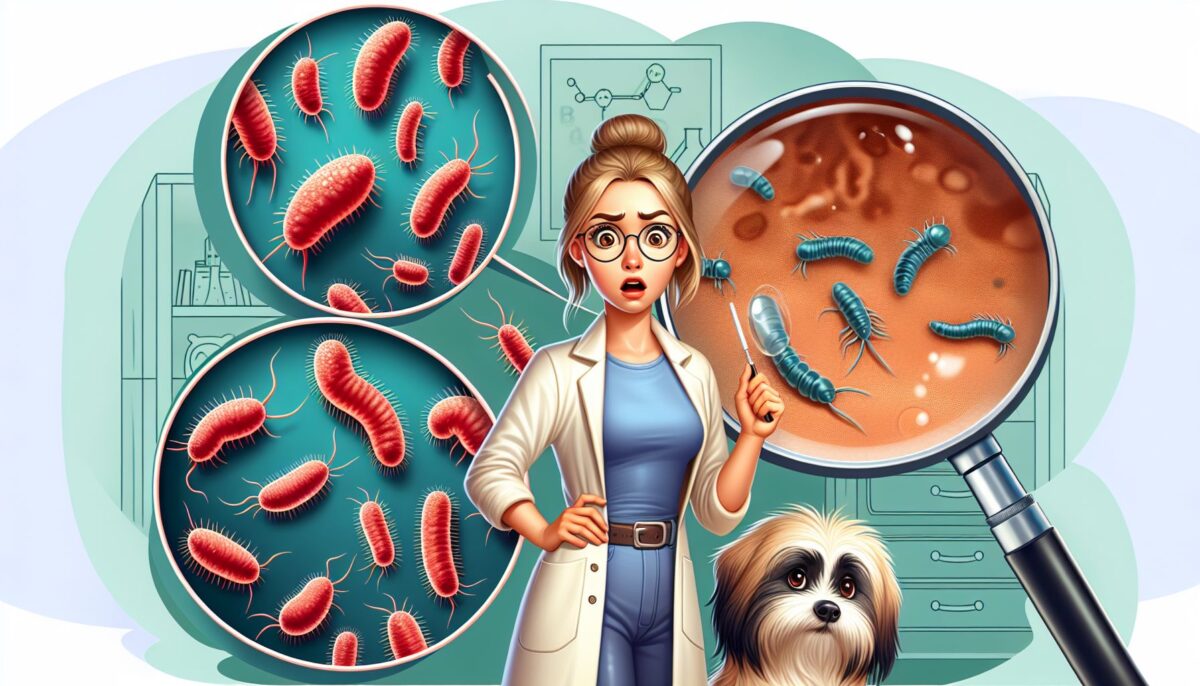As a dog owner, you want to do everything you can to keep your furry friend healthy and happy. One potential threat to your pup’s well-being is coccidia, a common parasite that can wreak havoc on your dog’s digestive system if left untreated. In this article, we’ll take a deeper look at what coccidia is, how it can affect your dog, and what you can do to prevent and treat this pesky parasite.
What is Coccidia?
Coccidia are single-celled parasites that can infect the intestines of dogs. They are commonly found in puppies, but adult dogs can also become infected. The most common species of coccidia that affect dogs are Isospora canis and Isospora ohioensis. These parasites are typically spread through the ingestion of infected feces, so keeping your dog away from contaminated areas is crucial in preventing infection.
How Can Coccidia Affect Your Dog?
When a dog becomes infected with coccidia, the parasites multiply inside the intestines and cause damage to the intestinal lining. This can lead to symptoms such as diarrhea, weight loss, dehydration, and lethargy. Puppies are especially vulnerable to coccidia, as their immune systems are not fully developed. Severe cases of coccidia can be life-threatening, so it’s important to seek treatment if you suspect that your dog may be infected.
Preventing Coccidia in Your Dog
Prevention is key when it comes to coccidia. Here are a few simple steps you can take to reduce the risk of your dog becoming infected:
- Keep your dog’s living area clean and free of feces.
- Pick up after your dog immediately when out on walks.
- Wash your hands thoroughly after handling your dog or cleaning up after them.
- Avoid exposing your dog to environments where coccidia may be present, such as dog parks or kennels.
- Keep your dog up to date on their vaccinations and deworming medication.
Treating Coccidia in Your Dog
If you suspect that your dog may be infected with coccidia, it’s important to seek veterinary care right away. Your vet can perform a fecal examination to confirm the presence of coccidia and prescribe the appropriate medication to treat the infection. In most cases, coccidia can be successfully treated with a course of anti-parasitic medication. It’s essential to follow your vet’s instructions carefully and to ensure that your dog completes the full course of treatment to prevent a recurrence of the infection.
Conclusion
Coccidia can be a serious threat to your dog’s health, but with proper prevention and treatment, you can help keep your furry friend safe and healthy. By maintaining good hygiene practices and seeking veterinary care promptly if you suspect an infection, you can reduce the risk of coccidia affecting your dog. Remember to stay informed about potential health threats to your dog and to consult your vet if you have any concerns about your dog’s well-being. Your pup relies on you to keep them healthy, so make sure to be proactive in protecting them from parasites like coccidia.
